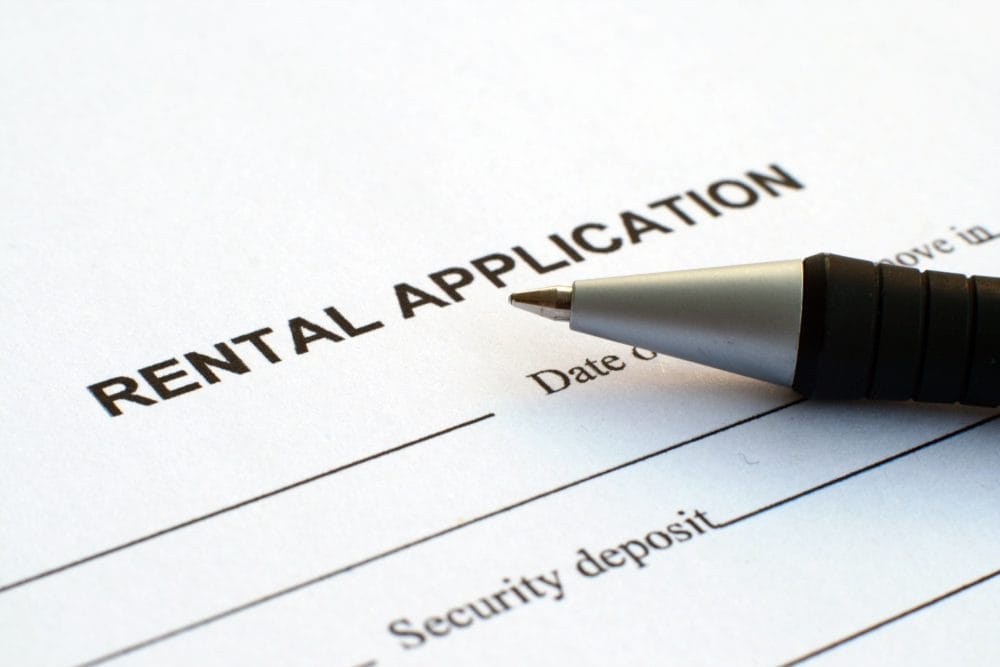Renting a home should be straightforward—fill out a form, pass a background check, and move in. But for many renters, a single error or omission on a rental application can trigger a chain reaction of suspicion and lost opportunities. Property managers are under pressure to minimize risk, and even minor inconsistencies can brand an applicant as unreliable.
In a housing market where competition is fierce and vacancy rates are low, small mistakes carry big consequences. The line between approval and rejection is razor-thin, and most renters don’t realize they’re walking it.
The Rise of Automated Tenant Screening
Tenant screening has shifted from human judgment to algorithms and databases. Most large property management companies now use software to evaluate rental applications. These systems scan for red flags such as missed payments, income discrepancies, or mismatched personal information. A typo in your social security number or an outdated employer listing can trigger an automatic rejection. Once you’re flagged, reversing that perception becomes nearly impossible.
Credit Reports Aren’t Just About Credit
Many applicants assume their credit score tells the full story—but screening goes deeper. Tenant reports often include data from evictions, civil judgments, and unpaid utility bills. Even non-traditional credit markers, like frequency of address changes, can be interpreted as instability. A missed student loan payment or medical bill sent to collections might brand someone as a financial risk. For landlords, these signals often outweigh explanations or context.
Inconsistencies Can Signal Dishonesty
Rental applications are cross-checked against background data in seconds. If your listed income doesn’t match your pay stubs or bank records, you may be seen as dishonest. Similarly, if the rental history you provide differs from what public records show, that’s another strike. Most leasing agents won’t take the time to verify the truth—they’ll just move on to the next applicant. In a competitive market, no one’s sticking around for clarification.
Minor Criminal Records Can Be Major Barriers
Even dismissed charges or non-violent offenses can raise red flags. Many landlords use third-party services that don’t differentiate between types of criminal history. An arrest from years ago—never leading to conviction—can still appear on screening reports. These databases often lack context, treating all entries as equal. A single outdated incident can paint an applicant as “high-risk” with no chance to explain.
False Positives in Background Checks
Background reports aren’t flawless—they often misidentify people or pull incorrect data. Shared names, outdated addresses, or clerical errors can lead to another person’s history being attributed to you. A study by the Federal Trade Commission found that one in five consumers had errors on their credit reports. The same risk applies to tenant screening, but there’s even less recourse to correct mistakes in time. Landlords typically won’t hold a unit while you dispute your record.
Income Verification Is More Rigid Than It Seems
Income is often the top factor in determining eligibility, and landlords want to see it verified cleanly. Self-employed workers, freelancers, or those with irregular income can face skepticism—even if they earn plenty. Submitting bank statements instead of W-2s or having large deposits from non-employment sources may raise questions. If documentation doesn’t fit traditional patterns, the system flags it as risky. Technology doesn’t adapt well to nuance.
Employment Gaps Can Be a Dealbreaker
A gap in employment may be perfectly explainable, but rental algorithms aren’t designed to be empathetic. Whether the break was due to caregiving, education, or recovery, it’s often seen as a liability. If a landlord sees months with no verifiable income, they may assume instability. Even with a strong current job, gaps can undercut trust in long-term rentability. Some landlords won’t even ask about it—they’ll just reject the application.
Rental History Is Weighted Heavily
Many applications are scored based on past rental behavior, sometimes more than credit or income. Late rent payments, eviction filings, or even noise complaints can be enough to tip the scales. Public records and landlord databases feed these scores, even if the issue was minor or resolved. Some platforms assign risk ratings based on your previous addresses alone. A bad experience with one landlord can follow a tenant for years.
Being “High-Risk” Means Fewer Second Chances
Once a screening algorithm flags someone as high-risk, most landlords won’t reconsider. Even if the applicant is qualified in every other way, risk labels tend to stick. There’s no appeals process for most systems and few opportunities to provide clarification. Some management companies set hard thresholds that override personal discretion. The assumption is simple: if you’re risky once, you’re risky always.
The Lack of Regulation Makes It Worse
Unlike credit reporting, tenant screening has fewer consumer protections. Applicants often don’t know what data is being used or how it’s interpreted. Some tenant background check companies aggregate data from court records without verifying accuracy. There’s little oversight, and mistakes or outdated info can go unchallenged. Renters are often left in the dark about why they were denied.
Prevention Is the Best Defense
Avoiding the “high-risk” label starts with precision. Every detail on a rental application should match supporting documents exactly. Double-checking your personal info, rental history, and employment records can catch issues before software does. Being proactive means pulling your own background and credit reports in advance. When it comes to rental screening, what you don’t know can absolutely hurt you.
The Cost of One Mistake Is Too High
A single misstep on a rental application isn’t just a minor hiccup—it can be the reason someone loses out on housing. In a system built on automation, transparency is low and the margin for error is tiny. Renters must navigate a landscape where accuracy, consistency, and documentation matter more than ever. The good news is that with the right preparation, the risk label can often be avoided.
Share your thoughts—have you ever been flagged as “high-risk” or denied housing unfairly? Leave a comment and join the conversation.
Read More
How Apartment Stairwell Cameras Are Used to Predict When You’re Home
7 New Apartment Amenities That Actually Increase Your Risk of Theft







